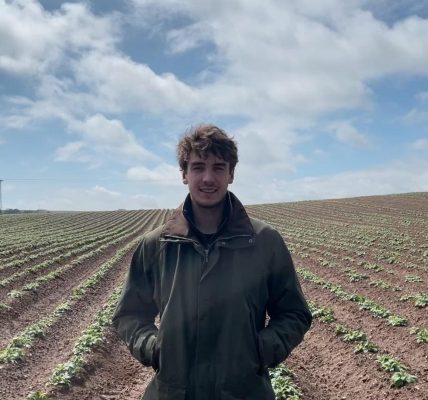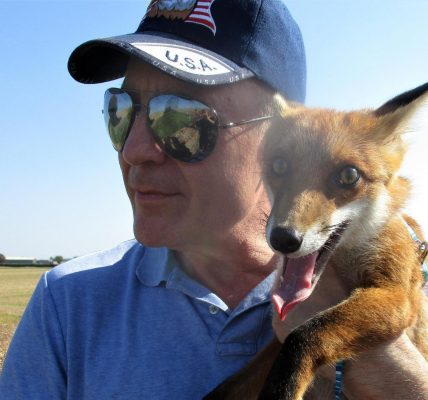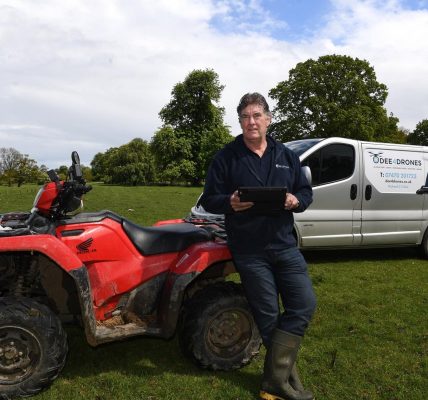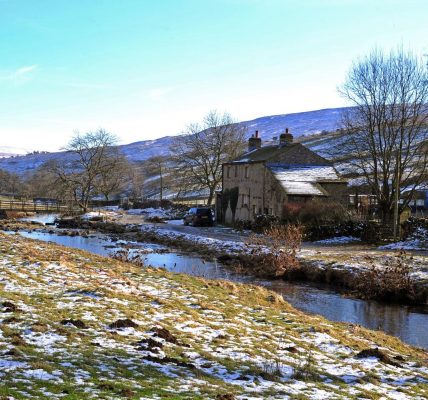Application date announced for the new pilot scheme which will help shape the 'public money for public goods' payment scheme
Application date announced for the new pilot scheme which will help shape the 'public money for public goods' payment scheme
The Government is asking farmers to put themselves forward for the new Sustainable Farming Incentive (SFI) pilot.
From this coming Monday, March 15, Defra will be taking ‘expressions of interest’ for the pilot which will help shape the new Environment Land Management Scheme (ELMS).
The SFI is the first of three schemes to be piloted and co-designed with more information on the Local Nature Recovery and Landscape Recovery schemes expected later in the year.
The three schemes will reward farmers and land managers for producing ‘public goods’ which include biodiversity, cleaner water, cleaner air, improved soil, and carbon reduction on their land.
Environment Secretary George Eustice said supporting the choices of individual farming businesses was “at the heart” of Government’s future policy.
“The SFI will support the environment and promote animal welfare. It will reward approaches to farm husbandry such as encouraging integrated pest management, improving soil health and enhancing hedgerows. And assets that were previously dubbed ‘ineligible features’ will finally have their value recognised and rewarded.”
He concluded by “encouraging” farmers to take part.
“I would encourage farmers to engage in this pilot to help us design the new scheme,” he said.
The pilot will test out a working version of the proposed scheme from start to finish, building on the ongoing tests and trials programme which focuses on trying out individual parts of the future schemes. More than 3,000 farmers and land managers have been involved in the tests and trials.
NFU vice president, Tom Bradshaw, described the SFI pilot as an “important step” in developing ELMS.
“Like Defra, the NFU wants the SFI to be taken up by most English farms. We look forward to seeing further details as soon as they are available to ensure potential applicants for the pilot are able to make informed business decisions.”
Mr Bradshaw highlighted that the first phase of the pilot only included eight standards for participants to build their own agreements, which Defra said would promote cleaner air and water, and guard against environmental risks such as climate change and flooding.
Within each standard there are three levels, Introductory, Intermediate and Advanced.
“This first phase of the pilot only includes eight standards, so it is important that further development phases include areas such as net zero and animal health and welfare,” Mr Bradshaw said.
“It’s also crucial that these standards are not too prescriptive. Every farm business is unique and the scheme needs to be structured so that it offers something for every farmer.”
Mark Bridgeman, president of the CLA, said the SFI will provide an “essential” funding bridge for many farmers as the Basic Payment subsidy scheme, which was part of the EU’s Common Agricultural Policy, is phased out.
“The pilot is an important part of the process before the early introduction of parts of the SFI for all farmers from 2022,” Mr Bridgeman said.
“With the first cuts in BPS taking effect this year, and businesses set to lose at least 50 per cent of their payments by 2024, the SFI will provide an essential funding bridge for many farmers.”










